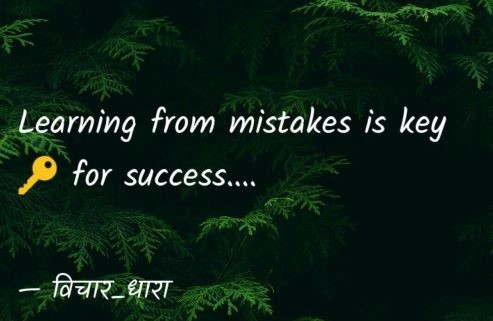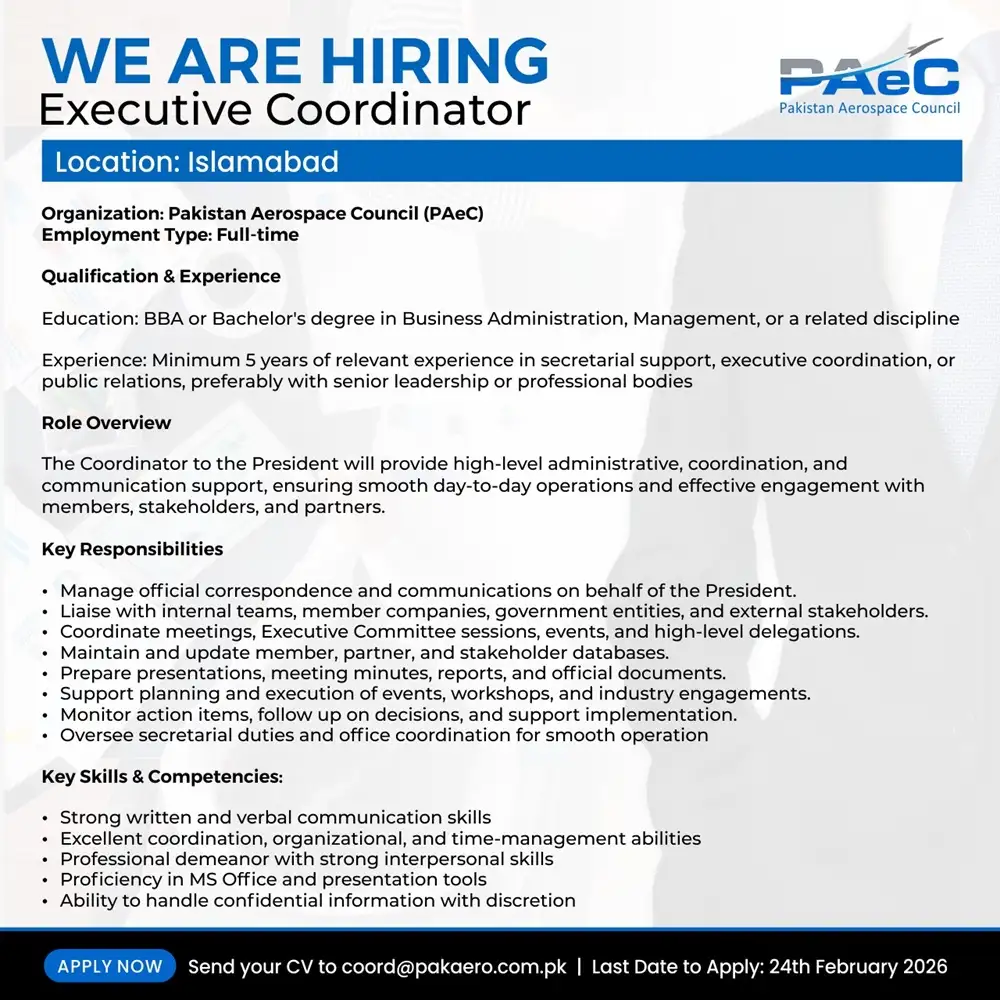Learning From Mistakes is a Key for Success
“If you aren’t making mistakes, you probably aren’t trying hard enough.”
Moving forward is good but spending a short amount of time reflecting on past errors in a productive way has a huge value. Because it’s the only way to learn from them. It is a reflective thinking with the purpose of growing.
Reflective thinking allows to process the events in your life and improve yourself afterwards. By examining what worked and what didn’t, one becomes able to takeaway the best from successes and failures. Reflective thinking is a vital part of growth process.
A five-step reflective thinking technique:
1. Review.
Look back on the events of your past. Do that annually, monthly, weekly and, to some degree, daily. At the end of every year, set aside an entire week to review the previous 12 months. Look at successes and failures of the previous 30 days. List the things that you accomplished, where your time was spent and any mistakes you made.
You can’t know what to do tomorrow until you know what you messed up today. As you review, ask yourself, “Where did I come up short? Where did I come up strong”? Make a list of everything that stands out. Celebrate the wins and make note of the losses. Then move on to the next step.
2. Reflect.
Here are some questions to ask yourself: What plans worked? What decisions yielded good results? What decisions ended up being wrong? If I were to approach the situation again, knowing what I know now, what would I do differently? Why?
The biggest mistakes often yield the biggest lessons, so think deeply to prevent your tomorrows from falling into the same traps as your yesterdays.
3. Recover.
When things don’t turn out as planned, you may need time to recover. If you aren’t making mistakes, you probably aren’t trying hard enough. Recovery time brings closure. Letting yourself feel bad for a short time can motivate you to fix what can be fixed. And it frees you to move forward. Just remember, with every look at the past, always keep an eye toward the future. This will help you recover effectively, without wallowing in regret.
4. Re-arrange.
Reflective thinking often provides clarity about priorities. Examining what went wrong may reveal where you lost sight of what was really important. Many times your priorities need to be realigned with your mission. Sometimes your priorities need to shift. Reflection allows you to hit the pause button and make sure you are still on track. Don’t keep pushing forward in a direction you shouldn’t be going!
5. Recharge.
Dwelling on the past with an eye toward the future allows you to rebound. It often reveals the humor in situations. Go ahead and laugh. It’ll renew your energy. Reflecting also brings humility when you step back and see where others have helped you along the way. And discovering the steps you can take to avoid repeating mistakes will invigorate you.
Reflection can also be a time of excitement and creativity. It’s a great chance to brainstorm about future opportunities and look for ways to put new plans into action. It can be a time of fulfilment.
Reflective thinking is crucial to unlocking the door to growth. It expands your thinking and inspires you to continue improving. It keeps you progressing as an individual and as a leader. It virtually guarantees your future will be better than your past.
So go ahead: Reflect on your mistakes just long enough to let them shape your future in positive ways.




